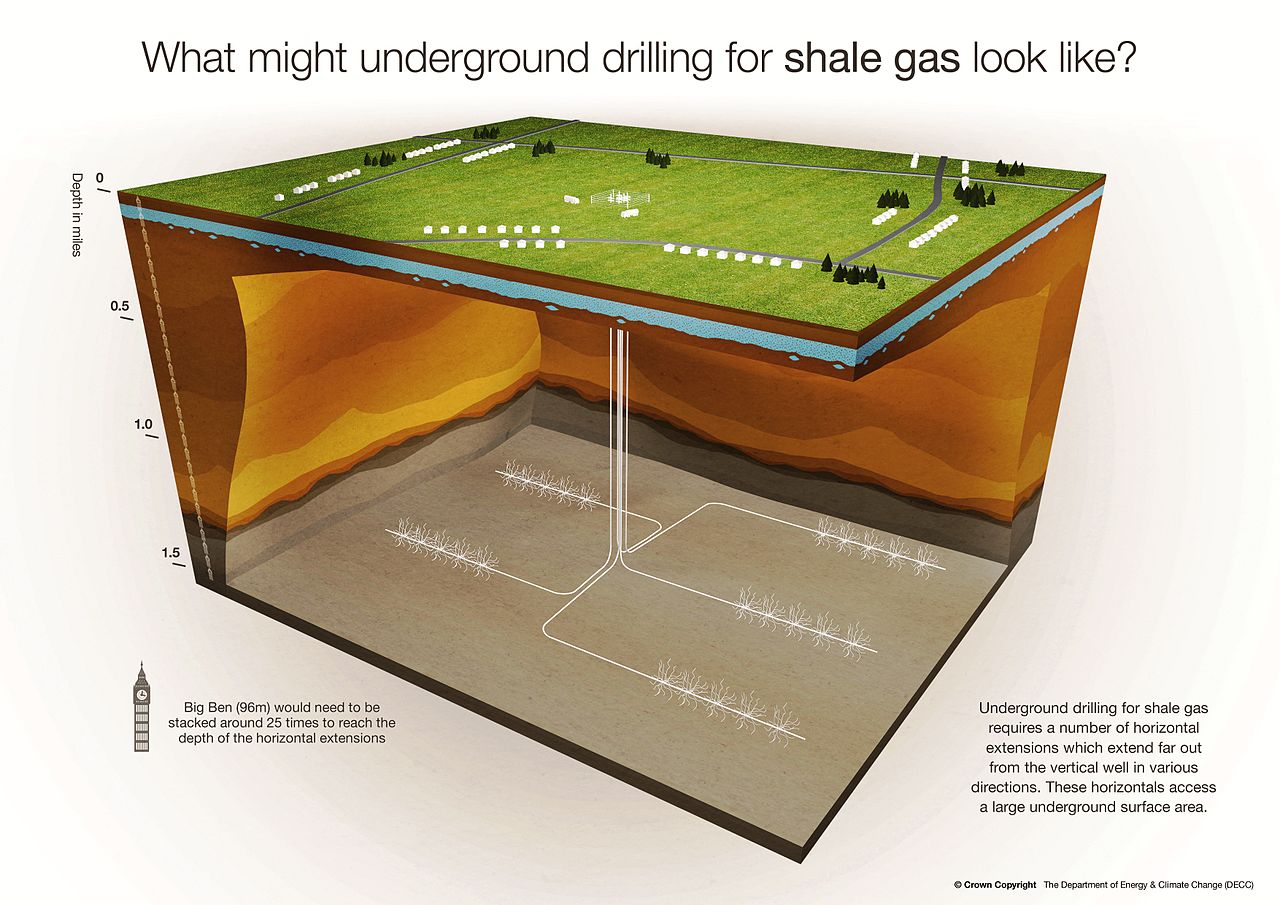There’s more than one way to skin a cat, as the saying goes, and it seems that the UK government has heeded that fable very subtly.
Without pomp or fanfare, and entirely avoiding the procedural, political, and societal debate that fracking a land based well in the UK would bring, a well in North Lincolnshire is about to be subjected to what is known as a ‘proppant squeeze’.
The well, at a site near Brigg, will be rejuvenated by squeezing proppant at high pressures to fracture the rock formation and hold those fractures open. This process allows oil and gas that couldn’t normally flow naturally from the hydrocarbon accumulation to freely migrate to the well and onwards to surface for production and separation.
So what is the difference between a proppant squeeze and hydraulic fracturing (fracking)? Well… erm… not an awful lot, actually. It’s classified as well maintenance or renaissance, and is carried out in a fully completed well, but it’s essentially the same. That is, pumping thousands of gallons of hydrated sand slurry into the well to fracture the oil or gas bearing rock formation deep underground.
The key difference in comparison to true hydraulic fracturing is volume and pressure, with a proppant squeeze requiring less pressure and less water to achieve exactly the same goal as hydraulic fracturing. It’s a very clever political move to get fracking kick-started, almost cynical actually. The operation is being dressed as well preparation / rejuvenation, with the goal being to maximize production without a neo-classical frack operation being carried out. And if it’s successful and without incident, which it probably will be, then the naysayers will be chased out of town by men in Armani suits should another ill word be said of the innocence that is fracking.
Politically, this is sly; very admirably clever, but still sly. As I mentioned before, I have no real problem with the process of fracking, because legislation in the UK demands a stringency that is second to none across the globe. My real concern is flare booms, as outlined in my previous post ‘Flare booms and shale: UK Fracking gets the nod’.
However, like it or not, you can feel the tide ebbing towards guided acceptance of the process, can’t you?
Like Offshore Insider on Facebook
Ever wanted to know what really goes on in the oilfield? My short story ‘Drilling Through the Dream’ is available to buy here, for just over one pound. I promise not to spend it all on sweets.
Related posts:
Aberdeen, an oily black future or a resilient granite gem? It’s up to you.
Fracking in a post Brexit environment
Flare booms and shale. UK fracking gets the nod.
Did you like this post so much you’d consider me guest blogging for you? Well then, click right here and get in touch.


They also want to use hci/HF mix
LikeLiked by 1 person
Yes, again acid squeezes and treatments are common in offshore wells. When it happens 500 miles from home it’s of little concern, but I can sympathise with the worries associated to land-based drilling activities. The UK is much more densely populated than the Texas outback.
LikeLiked by 1 person
you have not mentioned the procees of acidifiaction, which involves creating hydroflouric acid deep underground which is use to melt the ash over grit and debrit around the drill head. In the reports the company states that the proceedures will be carried out ‘as many times as required’. They also intend to drill more wells as part of this application, and have another exploratory site nearby at North Kelsey. Thanks for flagging this up. I live nearby.
LikeLike